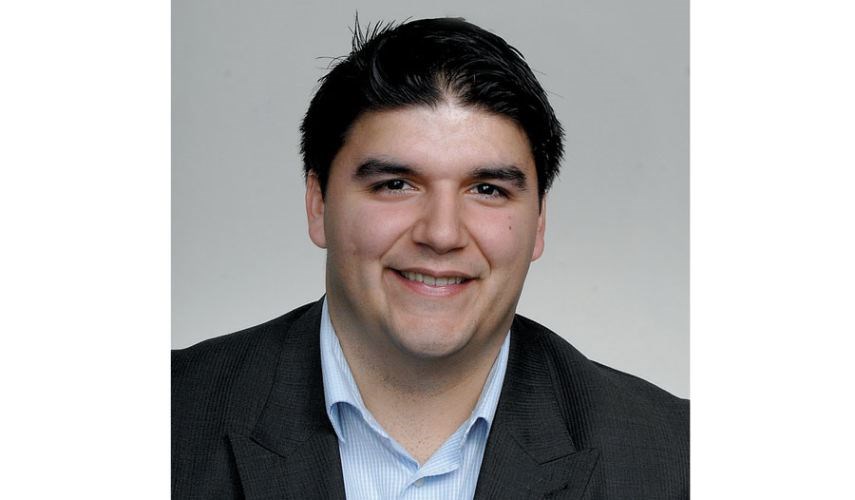If you had fallen quite ill, what would interest you more - a pill that alleviated some pain and symptoms, or the cure to your illness? While the answer might appear obvious, the fact is this very simple dilemma can cause our ruling elites to twist themselves into pretzels in order to give their own self-serving answer. For evidence, look no further than the federal parties' snake oil solutions to electoral reform, all while the tumor that is our constitution grows more malignant.
Those are some harsh words for a document that is supposed to be the foundation of our freedoms. But if one really wishes to end chronic symptoms of the body politic - voter apathy, the large gap between people's preferences and seat allocation, and regional imbalances, particularly in the Senate - then we must honestly point to the illness that needs curing. None of these things will be fixed by changing how we vote - that will only exacerbate serious underlying issues.
In the Charter of Rights and Freedoms, the state of Canada, through "the Supremacy of God and the Rule of Law" proposes to provide the 1867 promise of "peace, order, and good government" in the following areas: aboriginal rights and title; single-payer healthcare; rights of expression, belief, assembly; guaranteed access to public sector services regardless of location; transfer payments; multiculturalism; affirmative action; and bilingualism.
And as I've mentioned before, the Charter contains its own self-destruct button - the notwithstanding clause - and an amending formula that has never been successfully utilized. I ask you, do we really believe our government is capable of regulating, guaranteeing, or enforcing even half of that very incomplete list? Is it possible that our doubt about our government's ability to deliver on even one promise is the very reason so many people simply ignore politics altogether?
Furthermore, it becomes clear why this country is effectively ruled by the Supreme Court of Canada. For the contradicting, overreaching guarantees of our Charter prove the cynic's belief about everyone being out for themselves: no one knows the Charter like interest groups and their cadre of legal elites. Together, they make up a techno-legalistic industrial complex that thrives on taxpayer-supported institutions and government payouts. It's rent-seeking at a whole new level.
To be clear, I have no mercy for our many parliamentarians that have become cowards in the face of judicial activism. But it must be admitted that the supremacy of parliament has long been extinguished thanks to 1982 - a fact that should bring no comfort to anyone but the insane.
Circling back to the issue of electoral reform, I can't help but don a smirk and shrug when I'm asked about it by my colleagues. In a series of mixed metaphors, why argue over the whip when you're still just beating a dead horse? What difference does rearranging the chairs make on a far-gone Titanic? Who cares about the rings on one tree when the whole damn forest is on fire?
I would love for there to be better representation, more principled candidates, and accountable political parties through a renovated voting system. I would love to see seats in the Senate go to more than just two parties. But the best people in the world cannot do their jobs in an already fundamentally flawed system. And why should I believe they would be any more motivated to fix it after adopting an electoral style that is likely to lead to a fractured Parliament?
I am not the first to call for sanity and mature behavior in government, but I will add my voice to the chorus if for no other reason than base self-interest: I don't believe the endless freedoms enumerated or inferred by the Charter are sustainable for my generation's tax burden, let alone my future children's. In the end, there is only one way to fix this nation's chronic political problems - we need to put down the opiates and start working on a cure for what ails us.



